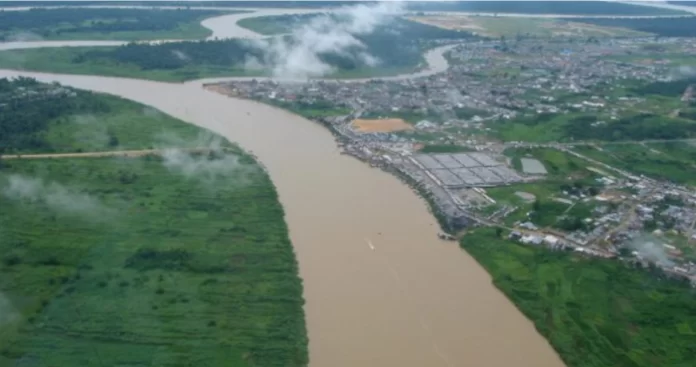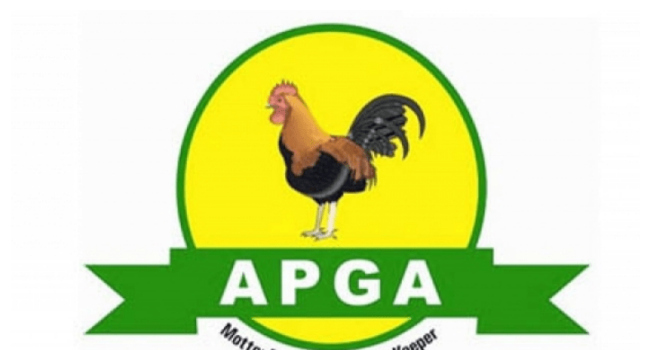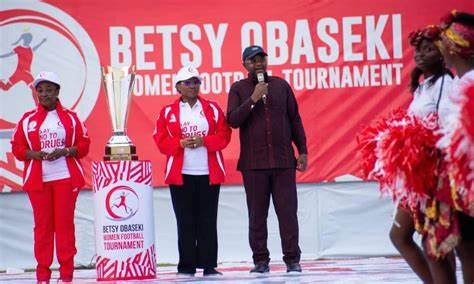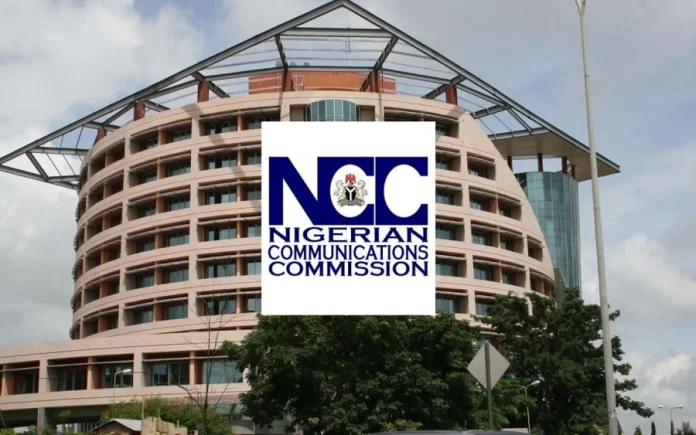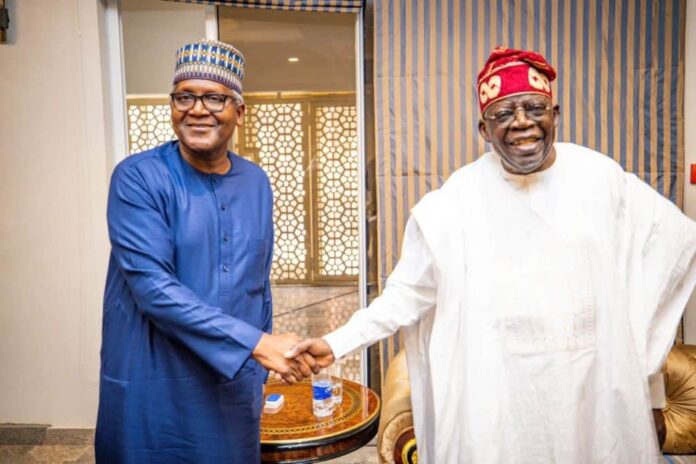By Dickson Pat
As the Nigerian oil and gas sector continued to gasp for breath under the heavy weight of underinvestment, low crude oil production and the gradual exodus of international oil companies ,IOCs, from its shores, the federal government finally approved an all-inclusive tax relief package as a way to recapture investment in the deep-waters operations.
This package, which offers significant tax cuts for liquefied natural gas ,LNG, compressed natural gas ,CNG, and other gas-related projects, appears to be the government’s last major push to keep IOCs from turning their backs completely on Nigeria.
According to recent data, the country has seen no fresh investment from these IOCs in over a decade, with the last significant deepwater project being the $3.8 billion Egina FPSO project by TotalEnergies in 2013.
In contrast, these companies have been pouring billions into offshore assets in other countries. These nations have secured investments of over $82 billion from IOCs in similar oil and gas ventures within the same period, leaving Nigeria at a critical crossroads.
Following the approval by the federal government for the tax incentives, the Special Adviser to the President on Energy and head of the Energy Office of the Presidency, Mrs. Olu Verheijen, said the project is expected to attract about $10 billion investment in the near future and restore Nigeria as a favourable destination for oil and gas investments.
“This is the pool of funds that our reforms are targeting, and we intend to unlock between $5 billion to $10 billion of new investments in Nigeria in the near- to medium-term”,Verheijen said optimistically.
But stakeholders and experts are less optimistic about future investments, warning that simply introducing new tax measures won’t be enough.
Many insist that the government must tackle the deeper issues that drove IOCs away in the first place.
The Petroleum Industry Act (PIA), enacted in 2021, was designed as a legislative framework to boost investment in Nigeria’s oil and gas sector.
However, experts argue that it fails to tackle the persistent issues of bureaucracy and red tape that continue to hinder investment.
They caution that unless the government effectively addresses these barriers, any new tax measures could prove counterproductive.
Citing the statement made by Patrick Pouyanne, CEO of TotalEnergies, on the company’s decision to divert a $6 billion investment to Angola instead of Nigeria, energy expert and oil and gas lawyer Ayodele Oni said:
“While the PIA is a step forward, its implementation is still being tested, and Nigeria is still in the process of refining its petroleum policies. Other countries like Brazil, the United States of America, and Angola generally offer more stable, mature regulatory frameworks with clearer fiscal terms. These environments allow IOCs to plan long-term investments”.
On his part, Jide Pratt, COO of AIONA and Country Manager of TradeGrid pointed out that ongoing divestment deals, like the one between Seplat and ExxonMobil, which remains pending, suggest that the Petroleum Industry Act (PIA) has not sufficiently addressed key issues such as red tape and bureaucracy.
“NUPRC has a major role to play to get things working. 2 examples are the PIA and poor implementation as well as the time it took for The Oando / Agip deal as well as the shell/Exon/Seplat deal still pending. Abandonment issues and signatures issues. All these make it easier to go elsewhere vs Nigeria hence the lack of investment for a decade”, Pratt said.
In addition, experts have also highlighted the prolonged approval process for various contracts, including divestment deals, investment opportunities, and equity sales, as a significant challenge.
For instance, Pratt noted that while Executive Order 40 aimed to tackle this issue, it remains a persistent problem in the sector.
As a result, he argued, tax incentives alone may not be enough to attract IOCs to invest in such a volatile environment.
“Recall that Executive Order 40 tried to address this with contract approvals from regulators, contract limits and tenure to ease the red tape. It’s left to be seen if this has actually been implemented and is working”, Pratt said.
While investors such as Shell Plc, ExxonMobil which recently the government hinted may invest $10 billion in offshore assets, TotalEnergies and other oil majors may want to invest in a climate where there is low tax imposition, infrastructure development also plays a huge role in such decision making.
According to Ifeanyi Okonkwo, a stakeholder in the oil and gas sector, advanced technology for drilling, exploration activities as well as mitigating theft are being developed in other countries, but Nigeria still struggles with this underdevelopment today.
“Improving offshore infrastructure to meet deepwater exploration and production standards, addressing security challenges such as offshore piracy and militant activities in the Niger Delta, and providing incentives to International Oil Companies ,IOCs, that implement environmentally sustainable technologies and practices in deepwater operations”, Okonkwo added.
While tax measures may offer some potential for boosting deep-water investments, experts agree that Nigeria’s success in attracting these investments hinges on resolving deeper issues such as bureaucracy and red tape.
As Jide Pratt emphasized, “Enough is never enough”, urging the government to take stronger actions to address the root causes behind the exodus of IOCs and low investment in the sector.
Although Nigeria hopes to tap into $90 billion in deep-water funds from oil majors over the next five years, industry leaders believe this will only be achievable through a comprehensive overhaul of the sector.


